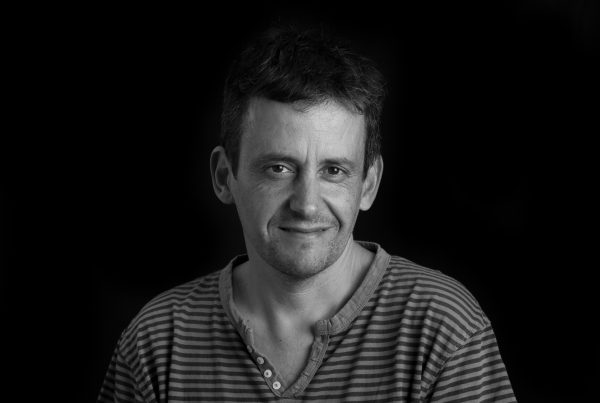Head of the CLIMA (Climate & Health Program at ISGlobal, ORCID ID: 0000-0003-4843-6180). Founding director of the IC3 climate institute and formerly head of the LRC-PCB. MSc in engineering, completed his PhD in 1997 (UB) on the simulation of extreme ecosystems under climate forcing. Visiting fellow at Princeton and UCSD, and COLA-IGES associated scientist. His background is in numerical ecology, climate dynamics and the modeling of climate impacts. Taught ecology, advanced statistics, climate dynamics and sustainability and led or participated in 46 research projects. He advised over 20 postdoctoral fellows. Co-chair of CLIVAR-Spain (-2007) and SSC of the MEDCLIVAR-ESF, CA and ER of the AR4-WGII (IPCC2007). SCM of the Drought Integration Group (DIG) of the World Climate Research Program (WCRP). Board Member of Nature Scientific Reports `Earth & Environmental Sciences' and of the OPCC to monitor climate change in the Pyrenees.
